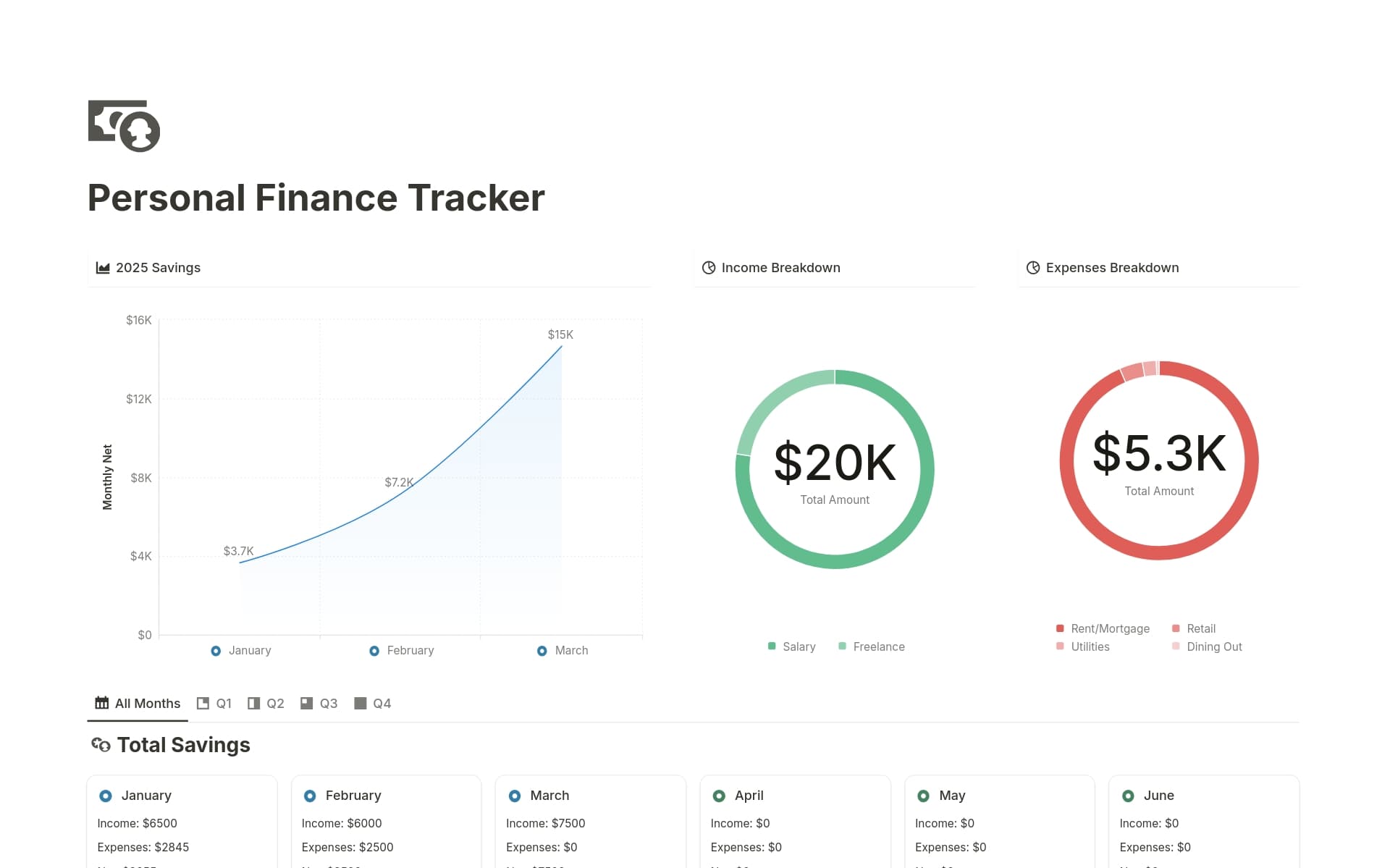Having a Hiring Workflow is crucial for streamlining the recruitment process, ensuring that you attract and retain the best talent efficiently. It helps in organizing and tracking the progress of candidates, making communication between team members more effective, and ultimately leading to better hiring decisions. A Hiring Workflow template in Notion can simplify this process by providing a structured framework that can be customized to fit your organization's specific needs.
Before you get started in creating your own Hiring Workflow, you should check out these Hiring Workflow Notion templates below to help make it easier.
What Should Hiring Workflow Templates Include?
Choosing the right Hiring Workflow Template in Notion can streamline your recruitment process significantly. Here are key components to look for when selecting a template:
Structured Interview Process: A good template should outline stages of interviews clearly, ensuring consistency and fairness in candidate evaluation.
Applicant Tracking System: It should include features for tracking applicants' progress from application to hire, helping you manage large volumes of candidates efficiently.
Collaborative Tools: Look for templates that facilitate team collaboration, allowing multiple hiring managers to provide input and track feedback seamlessly.
Customizable Scorecards: The template should offer customizable scorecards to rate candidates on various competencies relevant to the role, aiding in objective decision-making.
Selecting a template with these components will ensure a more organized and effective hiring process, enhancing your team's ability to find the right candidate.
What Should Hiring Workflow Templates Avoid?
When selecting a Hiring Workflow Template in Notion, it's essential to be aware of certain features that might complicate or hinder the recruitment process rather than streamline it.
Overly Complex Stages: Templates with too many stages can make the hiring process cumbersome and less transparent, leading to potential delays and confusion among team members.
Fixed, Non-Customizable Fields: Avoid templates that do not allow customization of fields. Flexibility is key in adapting the template to specific needs and roles within the company.
Lack of Integration Features: Templates that do not support integration with other tools like email, calendars, or applicant tracking systems can reduce efficiency and increase manual work.
Choosing the right template involves looking for simplicity, customization, and integration capabilities to ensure it enhances your hiring process effectively.












